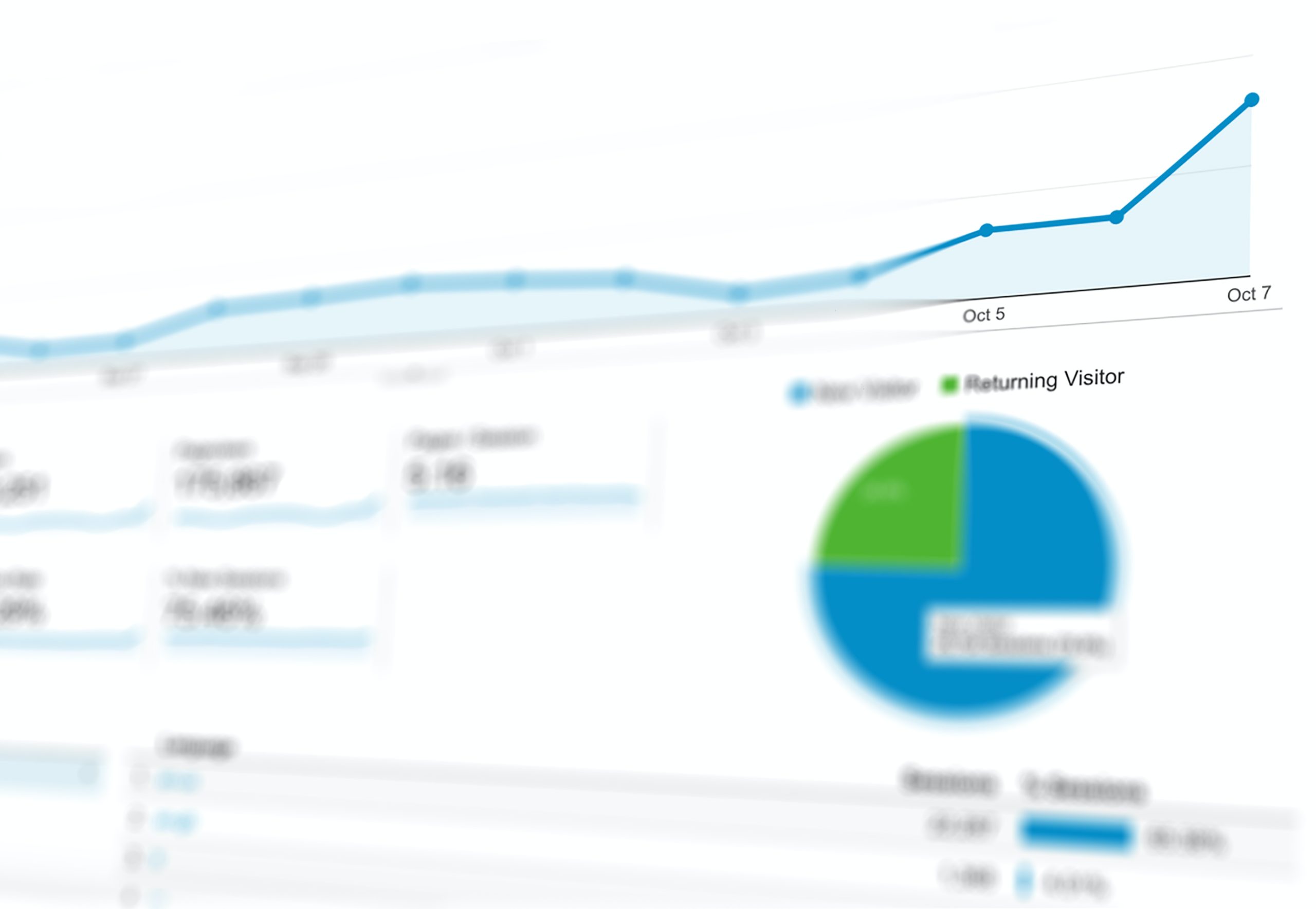
New
5 Dont’s for Deploying Self-Service BI Tools
Business intelligence (BI) is the art of getting the right information to the right people at the right time. Every CEO in the world wants faster growth, but the only way to accelerate growth is to speed up how your business collects, uses and acts on data.
The uncommon truth about investing in business intelligence software is that most small to medium organizations rush out to buy the tool before thinking through the process. While using BI to drive growth for your business is entirely possible, there are a few key steps that you have to take to get there.
Here are nine things you need to add to your to-do list before you even think about choosing a business intelligence software.
- Determine Your Business Intelligence Goals
The very first step is to determine your BI goals. How do you see BI helping your business perform better tomorrow than it is today? Make a list of the information that will help your business move forward.
Examples of BI goals include:
- Leads that convert to sales
- Commonalities between sales made
- Commonalities between sales lost
The goals may change as your BI strategy progresses and target goals are met or exceeded.
- Choose Someone To Spearhead The Project Internally
The second step is to choose someone to manage the process of adopting BI and finding the right business intelligence software. This will most likely be an internal project manager. This will be the person who keeps the program progressing by identifying benchmarks, meeting deadlines, adjusting goals, identifying areas of improvement and more.
- Hire An Expert To Guide The Process
Utilizing BI will be most effective if you hire an expert to help you through the process. The type of expert best suited for your business will depend on how large your company is and the goals you wish to achieve.
For instance, a small company may need to hire a consultant. The consultant will help get the process off the ground and be available should your team need support during certain phases of the BI process.
- Assess The Current Situation
Before you can get to where you are going, you must understand where you are today. Take stock of your current situation. Take note of what type of data is currently being collected by your company and how. Is there any data being collected that is either not being analyzed or is too difficult to analyze?
Lastly, determine what data is needed by your company but isn’t already being collected.
- Bring Your People On Board
It is important to understand that the implementation of business intelligence software is not just a software solution. You must bring your team on board so that they understand the value of BI to the company. If necessary, hold training sessions or seminars in order to educate your team about your company’s BI solution.
The key to making business intelligence successful is to lead your company as a data-driven company. This means making decisions based on the insights derived from the data.
- Organize The Data
Data doesn’t get looked at if it’s not organized — it gets filed away and forgotten. Make sure your data is organized in a way that makes sense and that is easy to analyze and derive business insights from.
- Develop A Consensus On How Data Is Defined
Now that you’ve collected your data, you must set parameters on how it is defined. In the spirit of keeping things simple, let’s say you’re looking at the leads-to-sales conversion rates. X can’t be an acceptable conversion rate one month and yet not good enough the next. Develop a consensus on how the data is interpreted.
- Identify Key Performance Indicators (KPIs)
Choosing key performance indicators will depend on the type of business, industry and which performance aspects of the business you are looking to analyze. Here are some common examples:
- Average profit margin
- Monthly sales gross
- Product performance
- Customer retention
- Brand awareness
The possibilities are limitless, and each business will have its own unique set of KPIs by which to measure performance and target goals.
- Pursue A Phased Approach
The implementation of BI will be much smoother if you use a phased approach. This means implementing BI in different phases versus all at once.
For instance, in the first phase, you might assess your business’ current situation and identify the goals of your business. The second phase might consist of determining what data needs to be collected and how. The number of phases and what each phase consists of will be different for each business.
Adjusted/Retrieved from https://www.forbes.com/sites/forbestechcouncil/2019/10/08/nine-things-to-do-before-you-invest-in-business-intelligence-software/?sh=2025e08ca303 by Christian Ofori-Boateng



